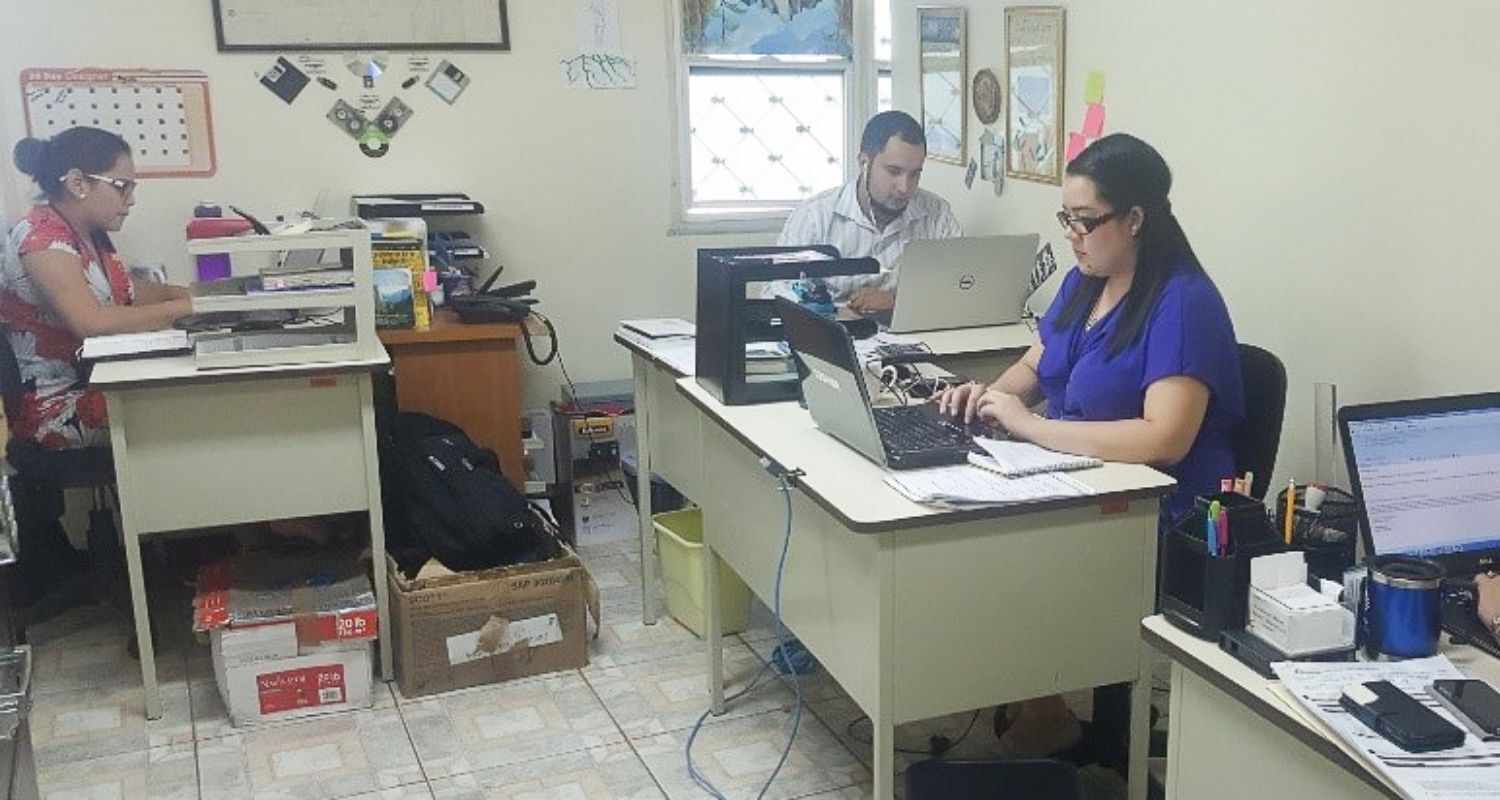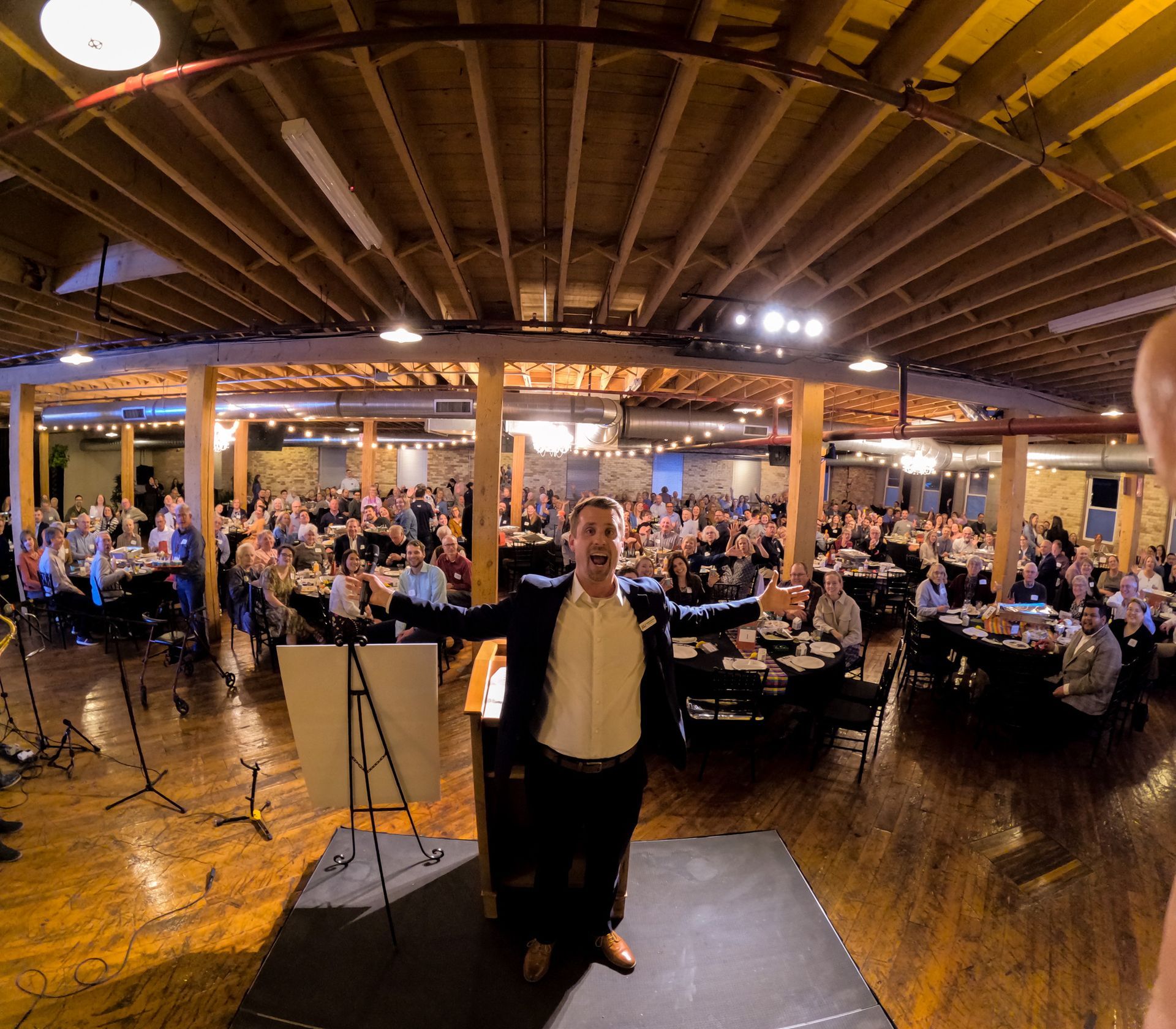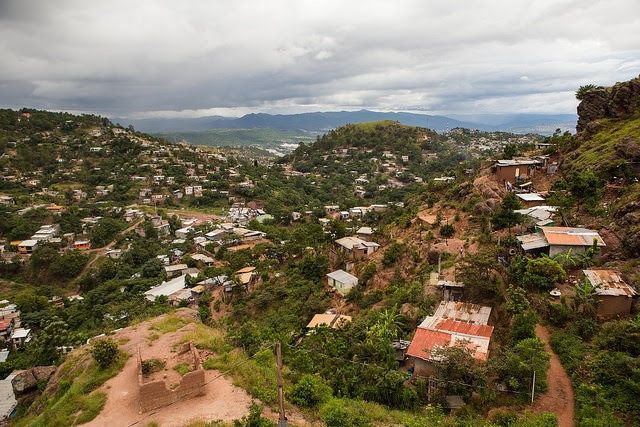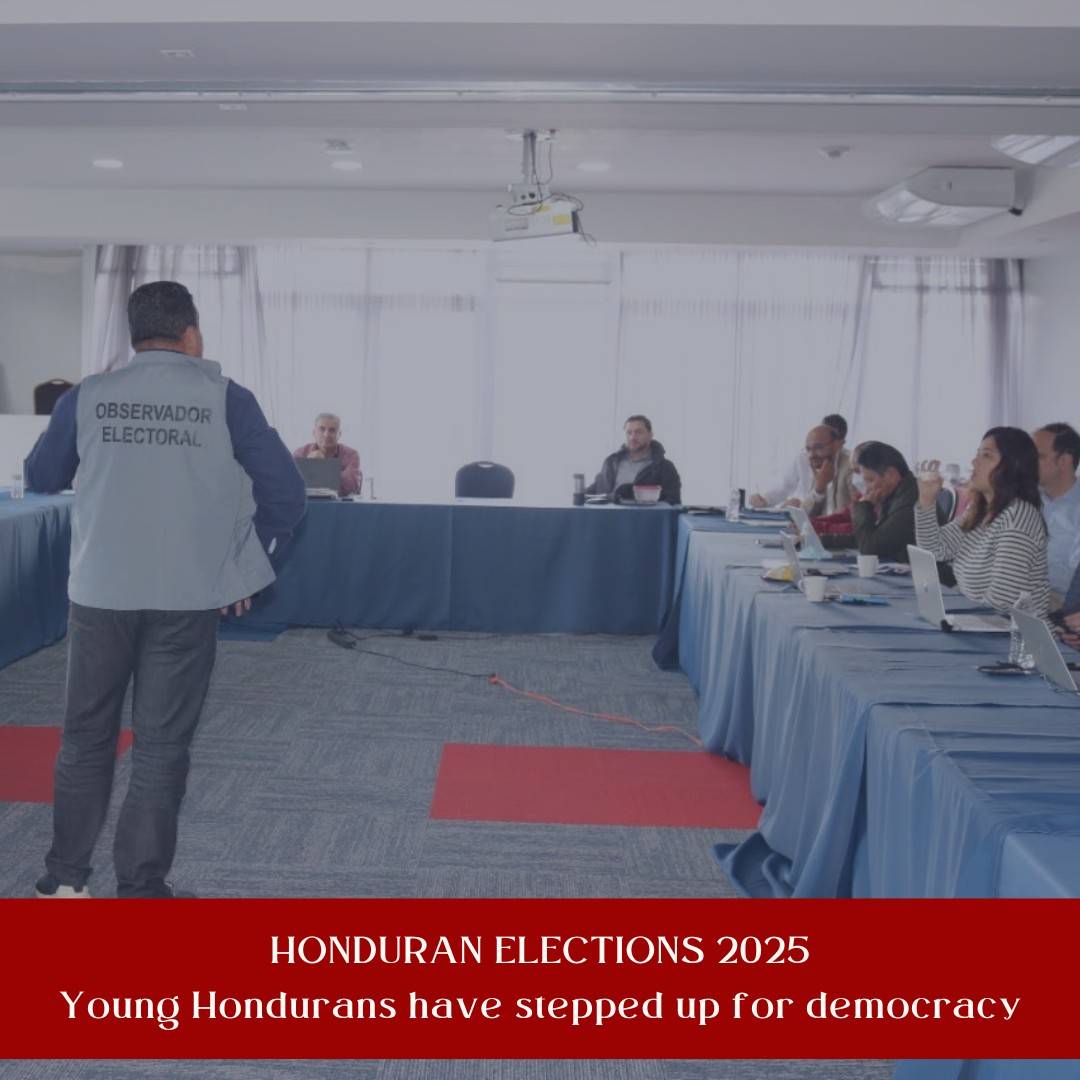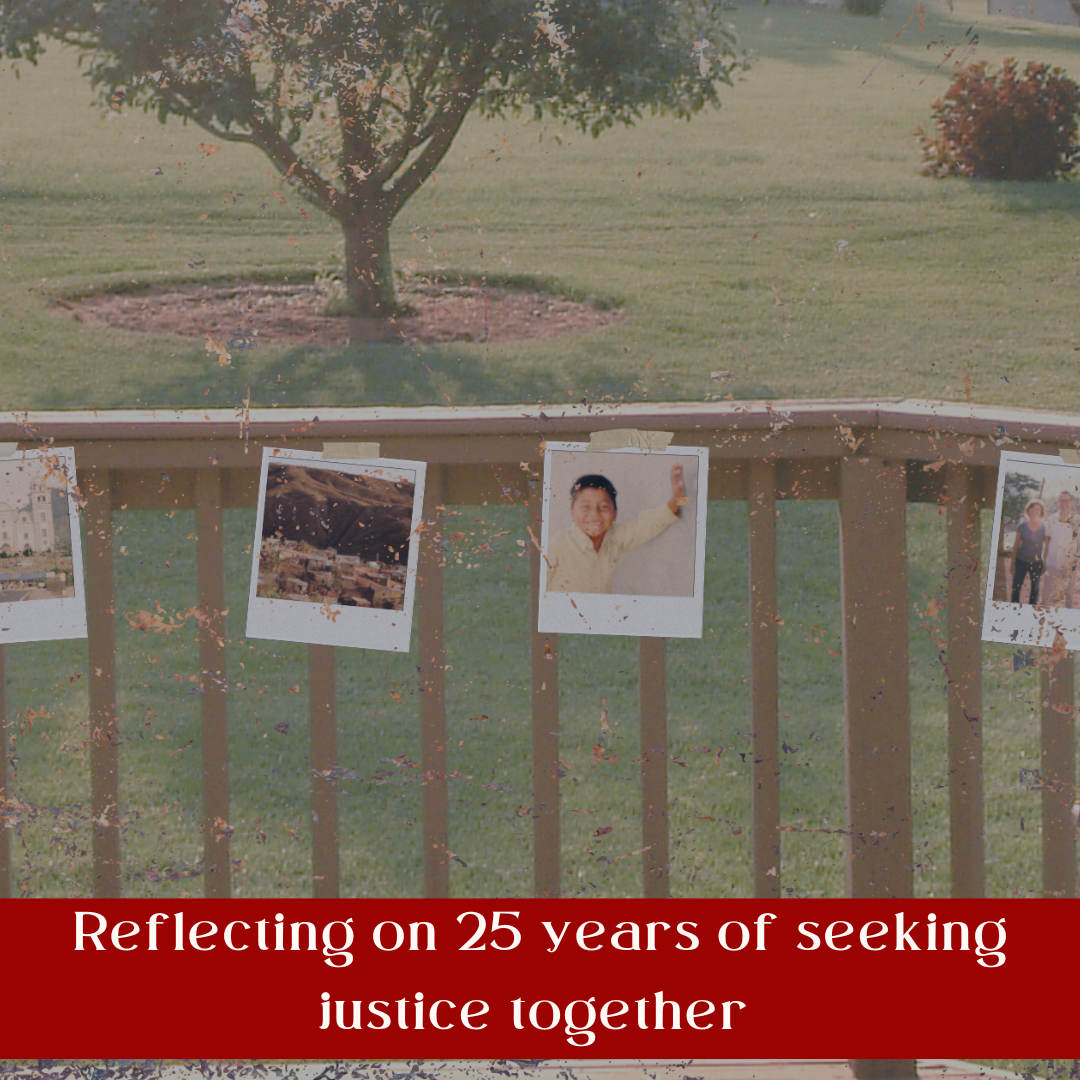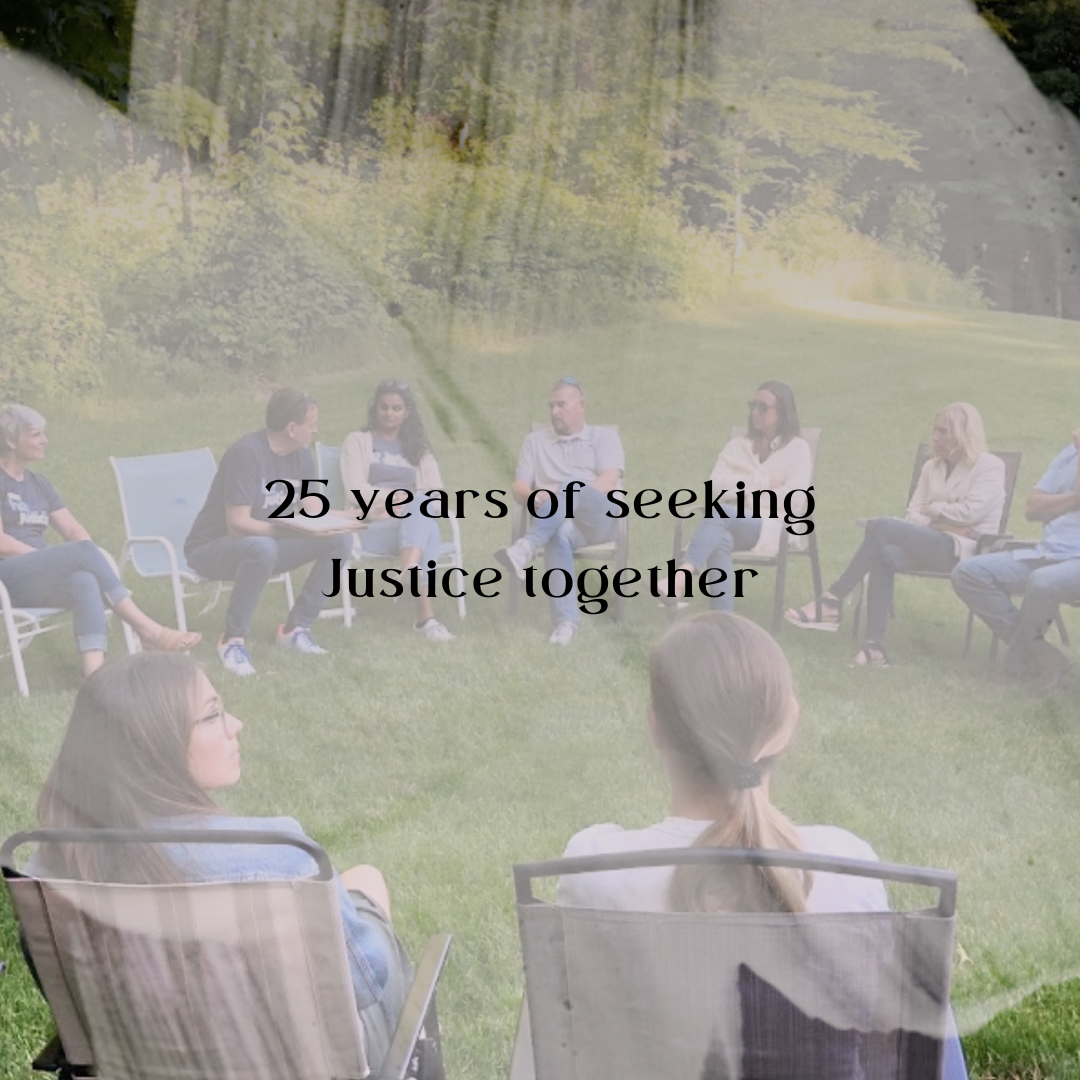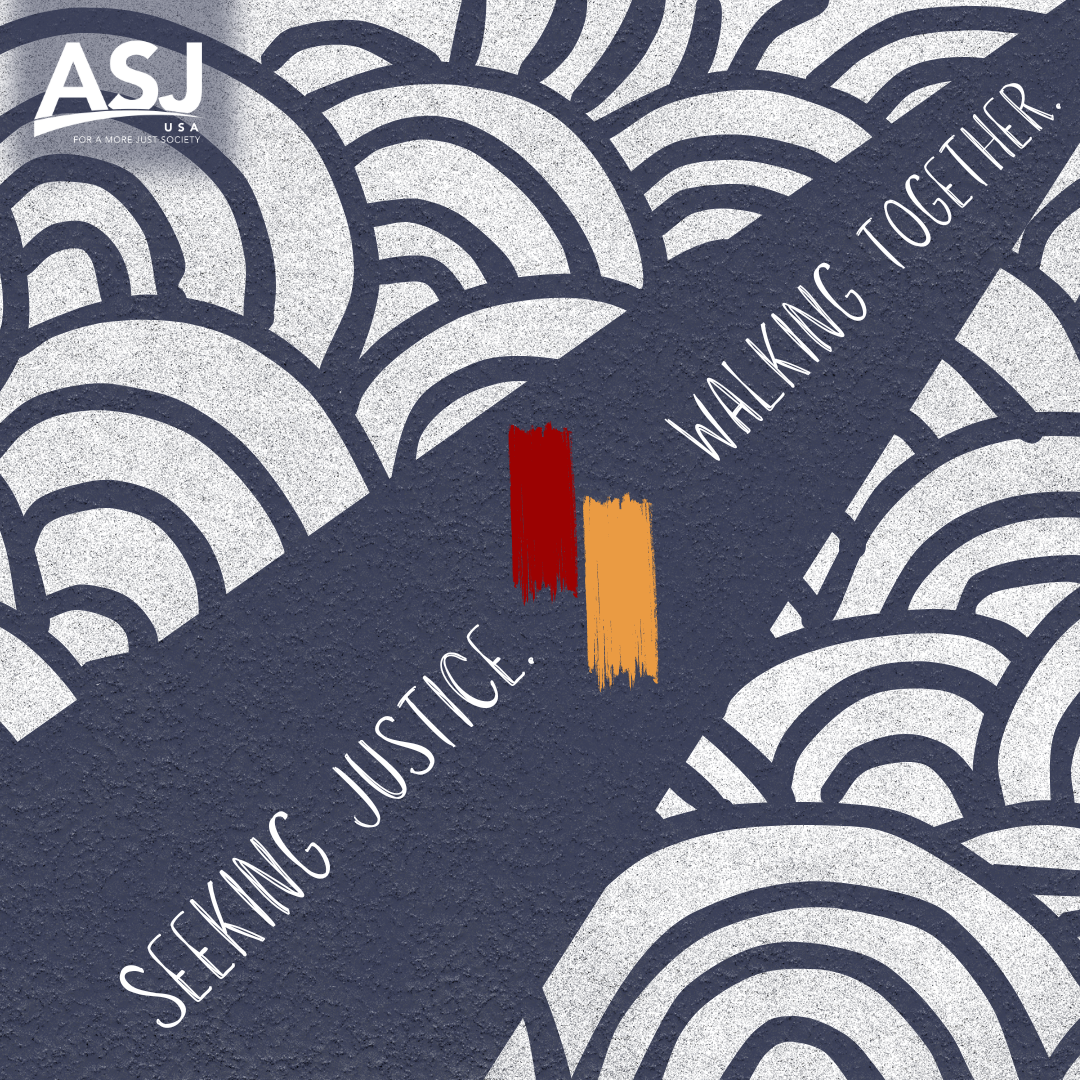In Honduras, nearly 80% of the population relies on public services such as health, education, and security. Private schools and hospitals or personal security guards are out of the reach of most Hondurans, and when corruption robs health centers of medicines, or schools of teachers, or police forces of honest cops, the people who suffer most are those who can’t afford to pay.
August 26, 2016
It’s Wednesday afternoon, and the back office of ASJ (formerly known as AJS) is filled with the faint buzzing of the document scanner and the steady clicking of laptop keys.
White partitions divide small, unremarkable cubicles where a handful of people are quietly transforming the way their government serves its people. Their tools? Interviews, law books, spreadsheets.
ASJ’s mission is to do justice, making Honduras’ systems of laws and government work. Sometimes that means a dramatic arrest in one of Honduras’ most dangerous neighborhoods. Sometimes it means spending hundreds of hours poring over thousands of pages of government payroll documents – something ASJ also sees as God’s work.
ASJ programs focus on two of the biggest problems facing Honduras – Violence and Corruption. Both are central to our vision of being brave Christians, earning justice for those who most need it.
But to many, a Christian anti-corruption organization still seems like a strange combination.
However, the Bible is unequivocal on corruption:
- “You shall do no injustice in judgment; you shall not be partial to the poor nor defer to the great, but you are to judge your neighbor fairly,” (Leviticus 19:15, NIV)
- “A false balance is an abomination to the LORD, But a just weight is His delight (Proverbs 11:1, NASB).”
- “Differing weights and differing measures – the LORD detest them both” (Proverbs 20:10, NIV)
These verses, and dozens more like them, show us something – God really hates it when someone tips the scale!
Powerful people in Honduras, in the United States, and across the world are carrying differing weights for the poor than for the rich, for the elites than for the disconnected, for racial and ethnic majorities or minorities. This scale-tipping, these false balances, are corruption. And corruption hurts.
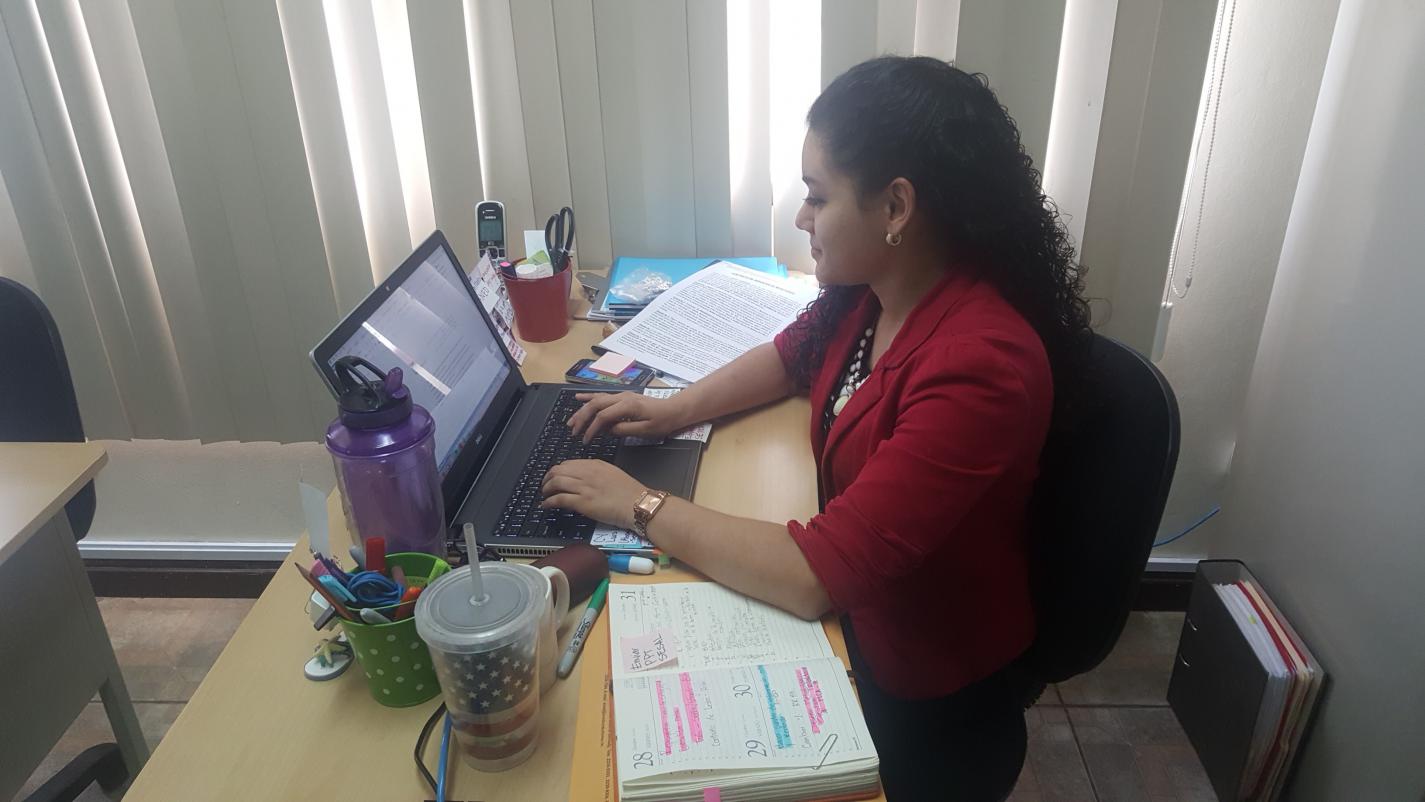
Improving health and education in Honduras, fixing roads and bridges and water pipes, reducing violence and poverty – all depend on making these public services work.
ASJ is the Honduran chapter of international anti-corruption nonprofit Transparency International (TI). In 2014, ASJ and TI signed an agreement with the Honduran government that opened the five biggest government institutions – health, education, security, infrastructure, and tax management – up to ASJ’s oversight.
ASJ’s backroom is full of the people who are carrying out this oversight. They analyze the purchases and contracts, human resources, and data collection of government institutions, auditing them to see if the processes are transparent, efficient, and effective.
“Public goods should be for the common good,” says Keila García, the coordinator of ASJ/Transparency International’s government oversight programs. “When we think about corruption, it is the opposite of the values of the Kingdom of God. We as Christians cannot be indifferent to this.”
Whether it’s cataloging public purchases or scrutinizing government payrolls, García sees social oversight of government functions as a rare opportunity for Christians to be “a prophetic voice” demanding accountability from those who use their position to exploit or steal.
In the two years that ASJ/TI has been working under the agreement, she has noticed a remarkable change in the government culture. “They feel pressured,” she says, “They rely on us as a key player, knowing that even when we aren’t there, that we will be there asking for that information and documentation.”
“The Bible teaches us the principles that we must love God and love our neighbor,” says Hector Moncada, an economist and former professor, who is now developing a government-wide analysis of public contracts with ASJ. “If I can fight for justice by reducing corruption, I am improving institutions that benefit my neighbors and all of society, people I don’t even know.”
When people think of the fight for justice they often think of strikes, marches, or protests. They think of impassioned speeches and massive crowds. This is one face of justice. Another is less imposing.
When we think back to the dramatic victories that God has led us to in Honduras, nearly all of them started in someone’s Excel sheet, at someone’s desk, on someday like this Wednesday afternoon – quiet, unassuming, life-changing.
Association for a More Just Society - U.S. (ASJ-US)
PO Box 888631, Grand Rapids, MI 49588
| info@asj-us.org | 1 (800) 897-1135
ASJ (formerly known as AJS) changed our name in 2021 to reflect our partnership with Honduras and our Honduran roots. Learn more.
© 2022 ASJ-US All Rights Reserved. ASJ-US is a U.S. registered 501(c)(3) non-profit organization.
Powered by AutomationLinks




